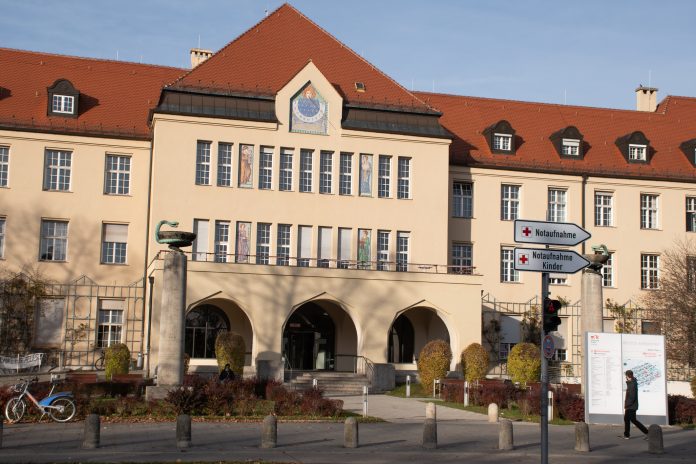Germany is targeting medical tourists from Saudi Arabia and the UAE as borders open. The country has also removed some quarantine restrictions, making it a more attractive proposition for both vaccinated and unvaccinated medical travellers. It has however added a new travel ban for most people from the UK.
The German National Tourist Board (GNTB) is raising awareness of what Germany and in particular Berlin, has to offer to GCC countries. Germany is extremely popular with GCC visitors, recording 1.6 million overnight stays from the Gulf region in 2019. The country has a goal of reaching 3.6 million overnight stays by 2030.
The new international Berlin airport is now open, which it hopes is a positive signal for improved global connections in the future.
Under the Berlin Health Excellence Initiative the city will also open its doors to medical tourists from the Middle East who, it believes, visit in search of ‘Made in Berlin’ medical expertise and cutting-edge medical services. The specialist website puts international patients in direct contact with the top clinics and offerings in the city.
With more than 80 hospitals, Berlin is a popular destination for people in the region seeking medical treatment, with heart surgery and diabetes treatment being the most in demand. Patients from the UAE normally travel to Berlin with members of their family and spend an average of €9,000 (US$11,000) for a medical treatment. Several hospitals have international patient centres.
With barriers to outbound travel falling away, a recent YouGov survey suggested that nearly half of UAE and Saudi Arabia residents are planning to make an international trip in 2021.
Germany is among the latest countries to lift some quarantine restrictions for vaccinated travellers. Vaccinated travellers are no longer subject to quarantine measures or tests on arrival (except from certain high-risk countries). Germany has also removed quarantine requirements for travellers with a negative COVID-19 test result (except from certain high-risk countries).
The German government decision followed a review of scientific advice from the Robert Koch Institute (RKI), which concluded that vaccinated travellers are no longer significant in the spread of the disease and do not pose a major risk to the German population. Specifically, it stated that vaccination reduces the risk of COVID-19 transmission to levels below the risk from a false negative rapid antigen test.
The implementation of this policy aligns Germany with recommendations from both the European Commission and the European Parliament, based on similar scientific advice from the European Centre for Disease Control and Prevention (ECDC).
These new rules are bound to make Germany a more attractive proposition for both vaccinated and unvaccinated medical tourists, with quarantine gone completely for many.
Germany currently accepts the two-dose Pfizer, Moderna and AstraZeneca jabs, and the single-dose Johnson & Johnson. Germany’s Health Minister may accept other vaccines for people hoping to travel to Germany providing they reduce the risk of infecting others. The vaccines approved outside of Europe need to prove that they can reduce the infection risk to a similar extent.
Germany has added a new travel ban for most people from the UK and the few that are allowed in must quarantine on arrival for two weeks.








 ©2024 All rights reserved LaingBuisson
©2024 All rights reserved LaingBuisson 


